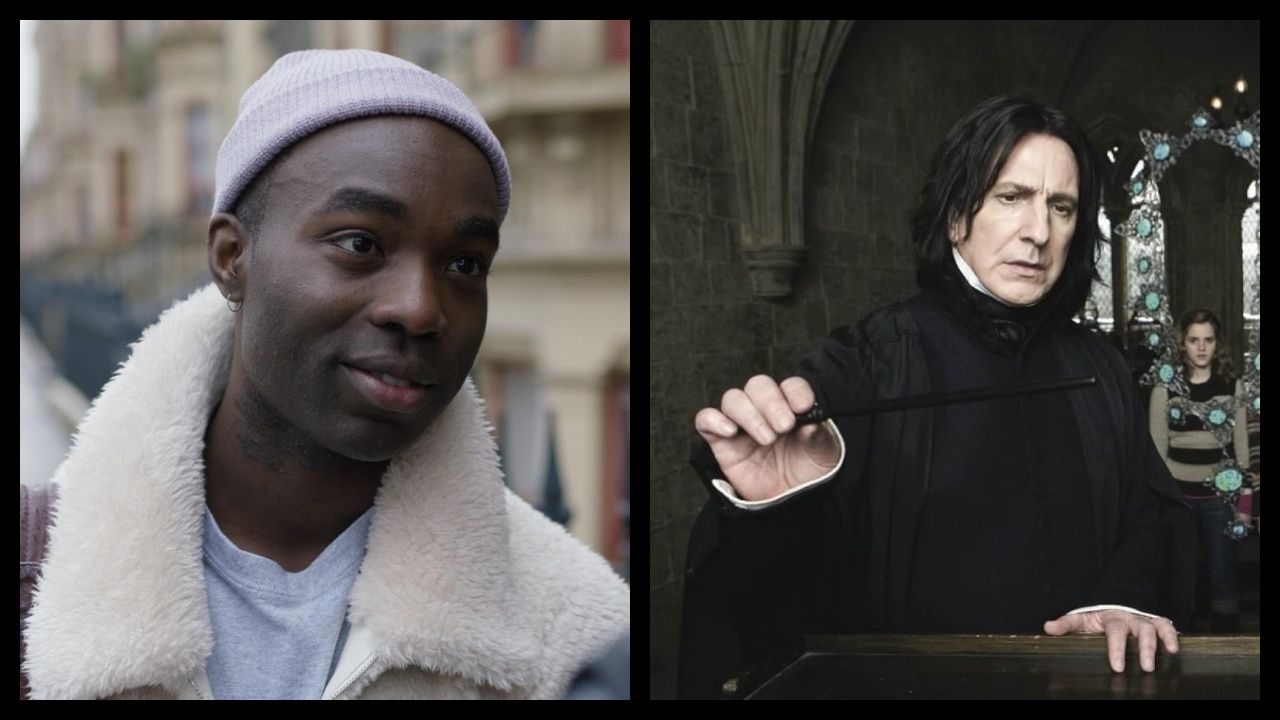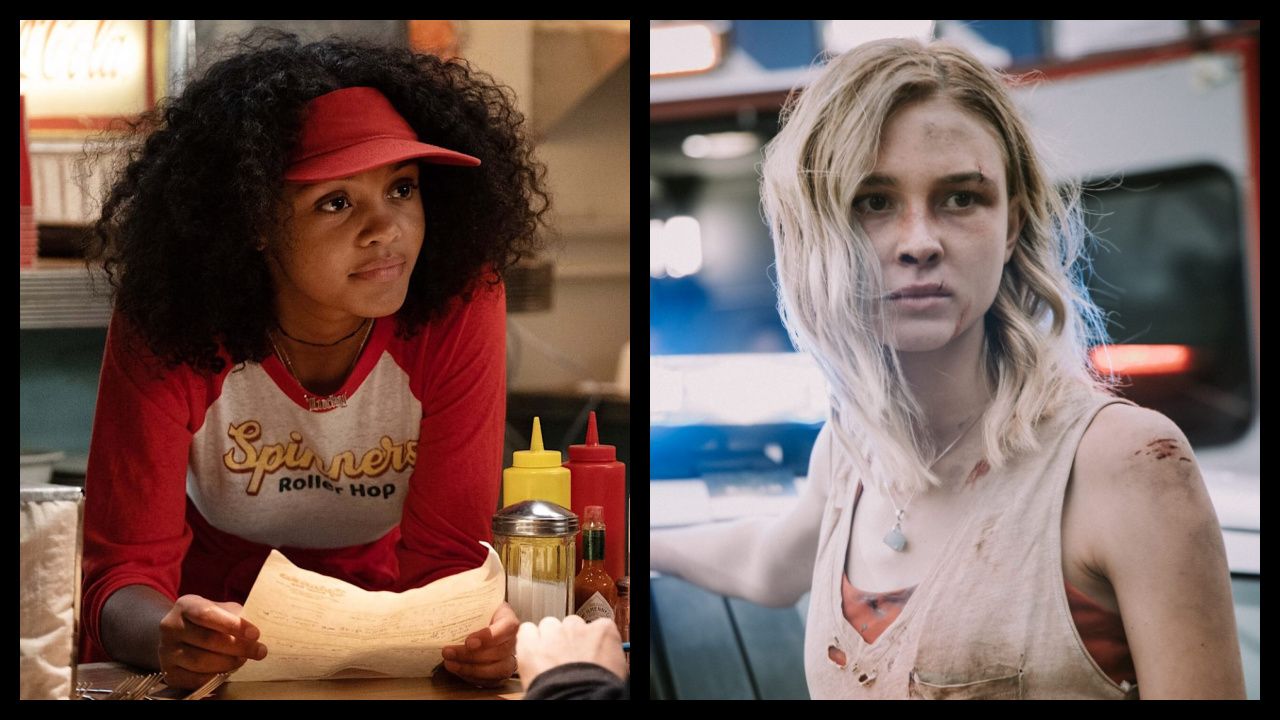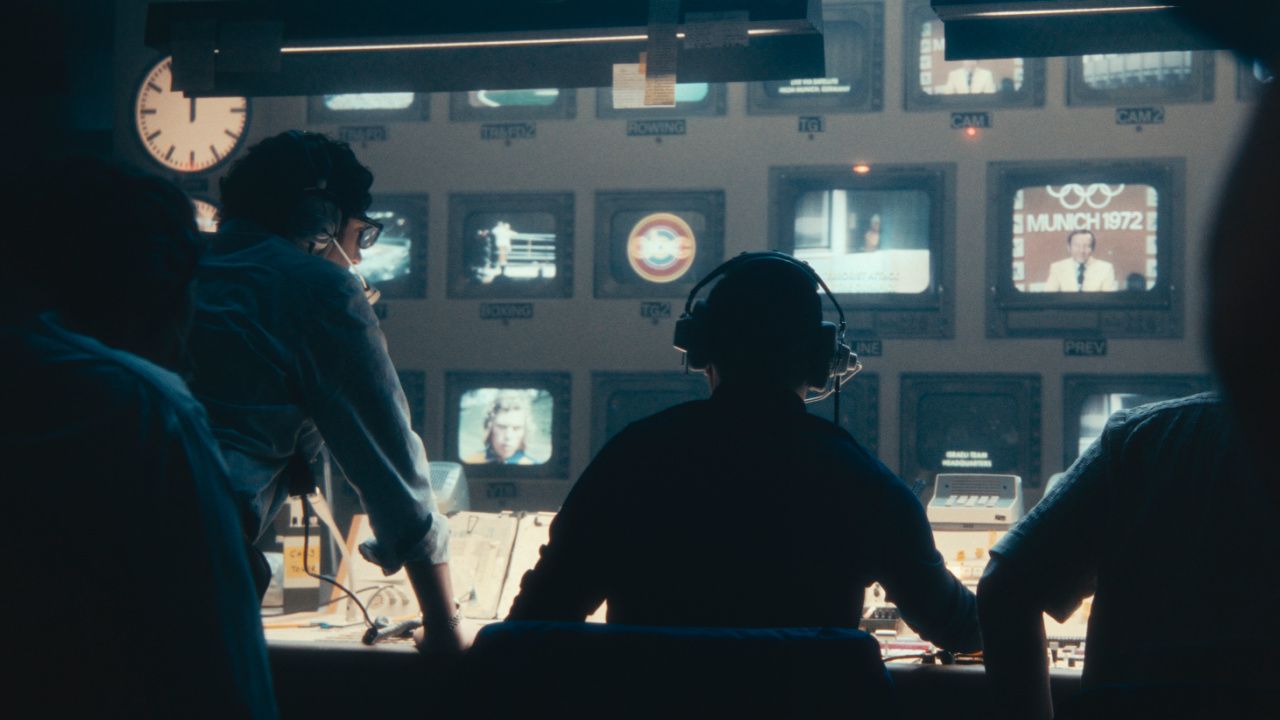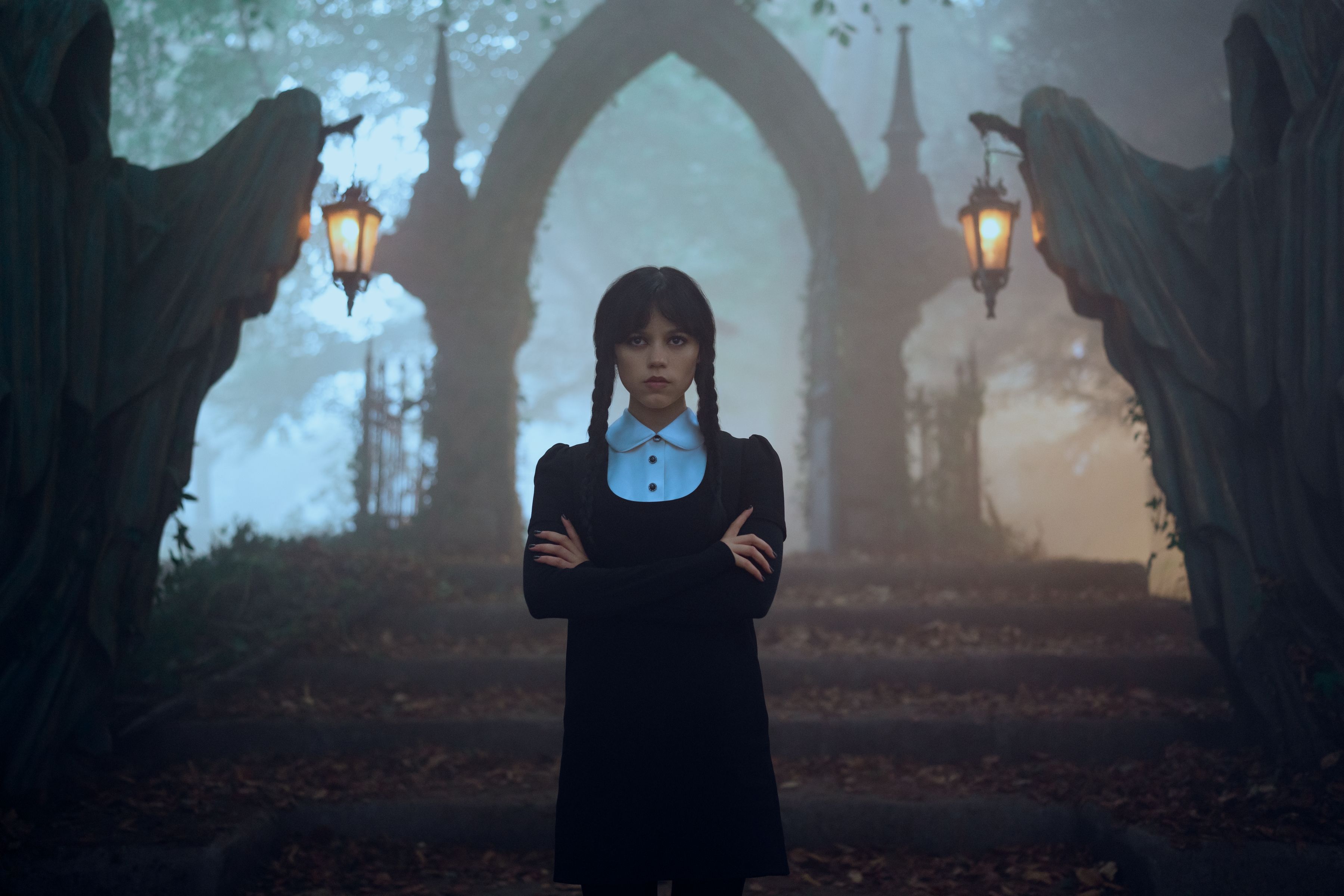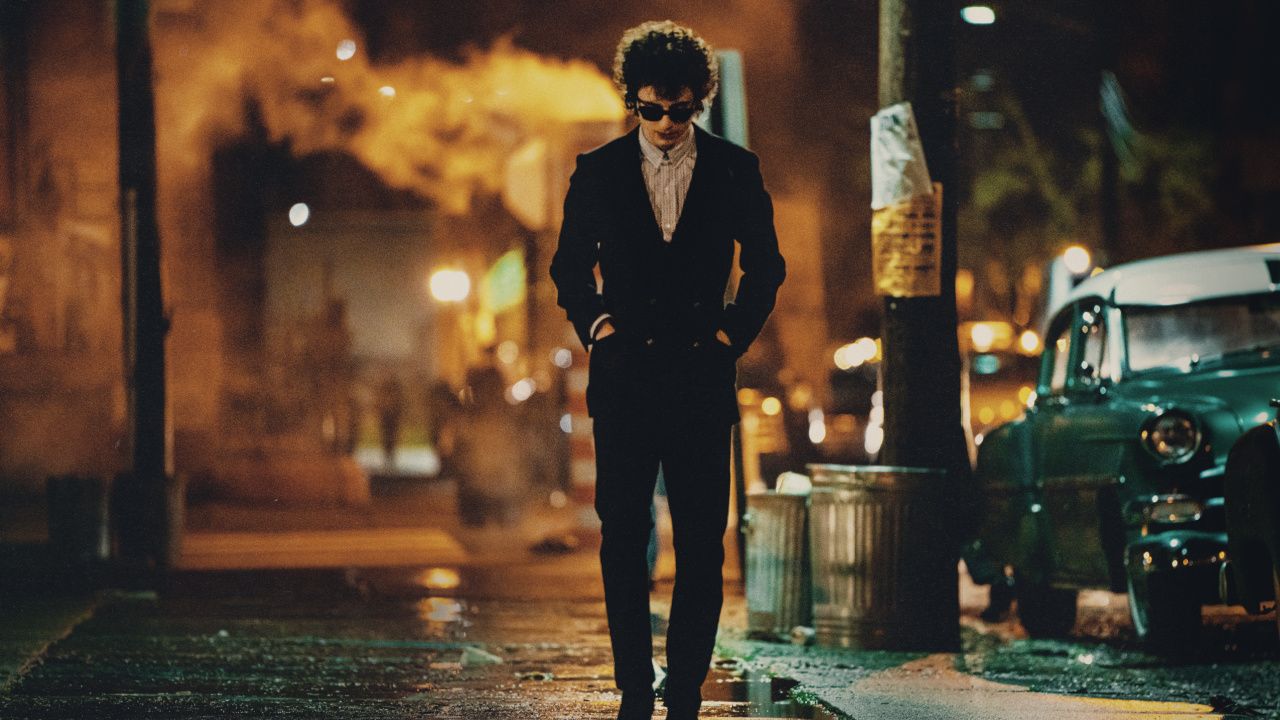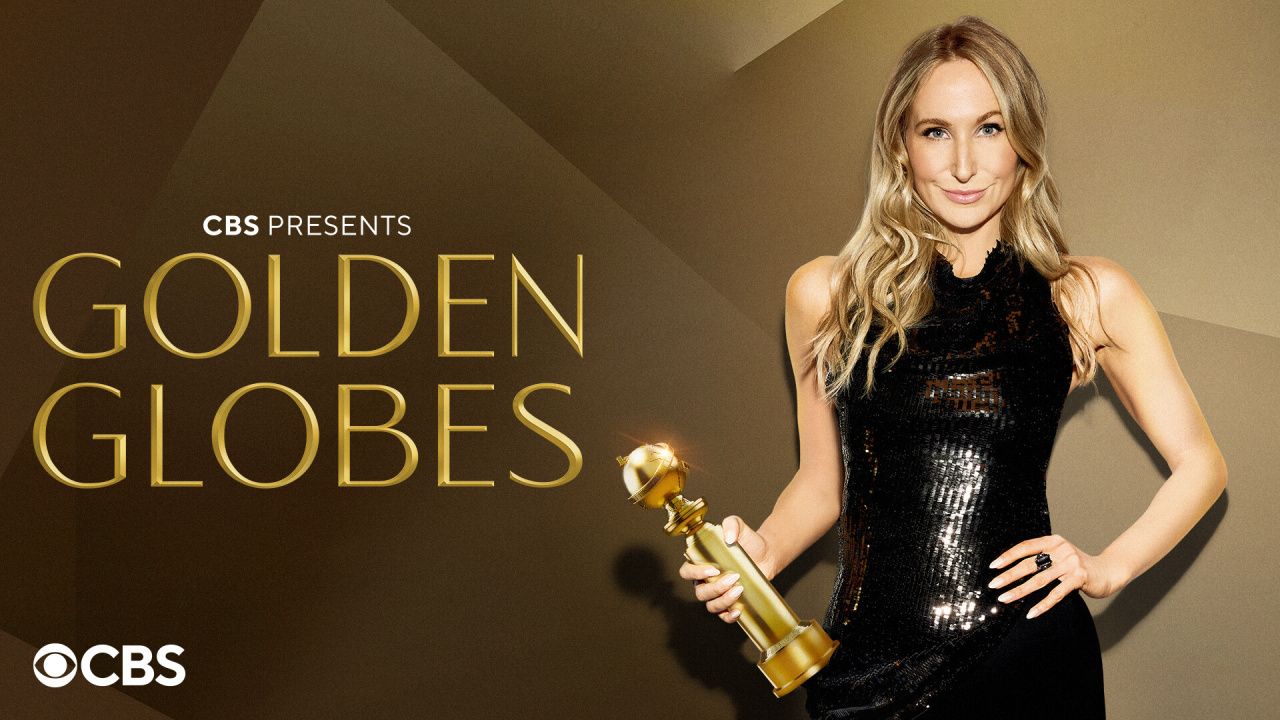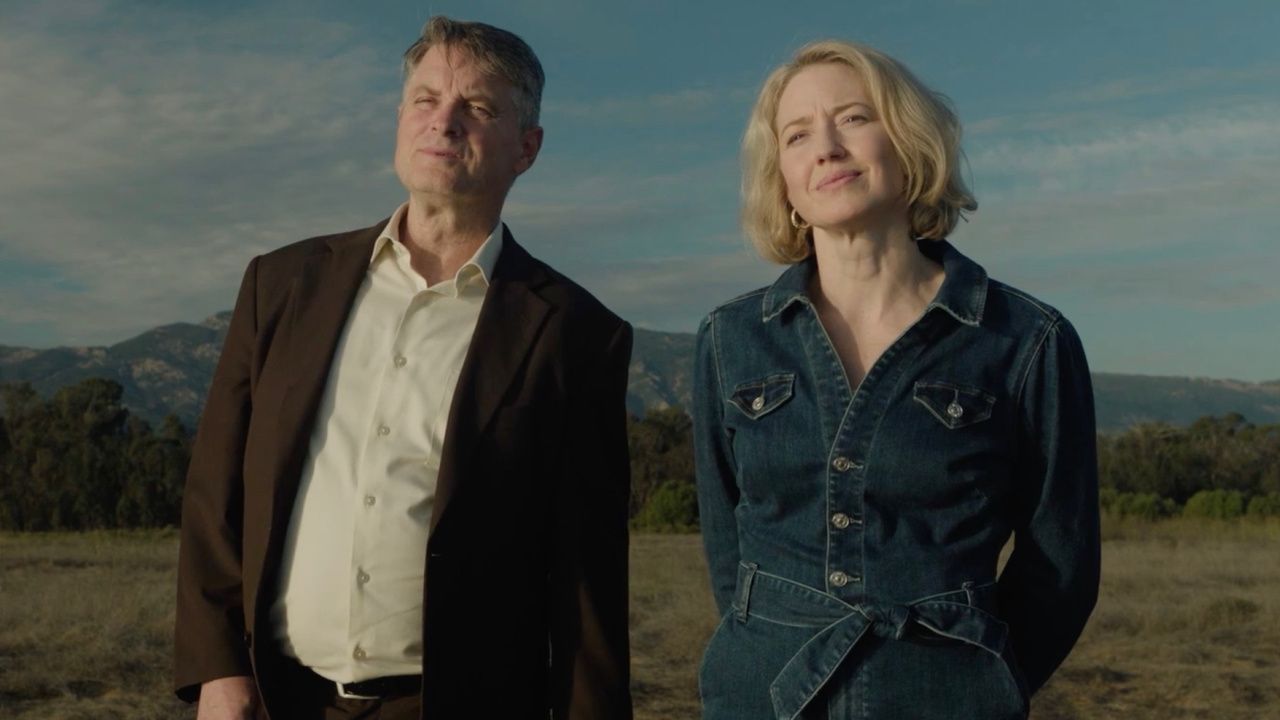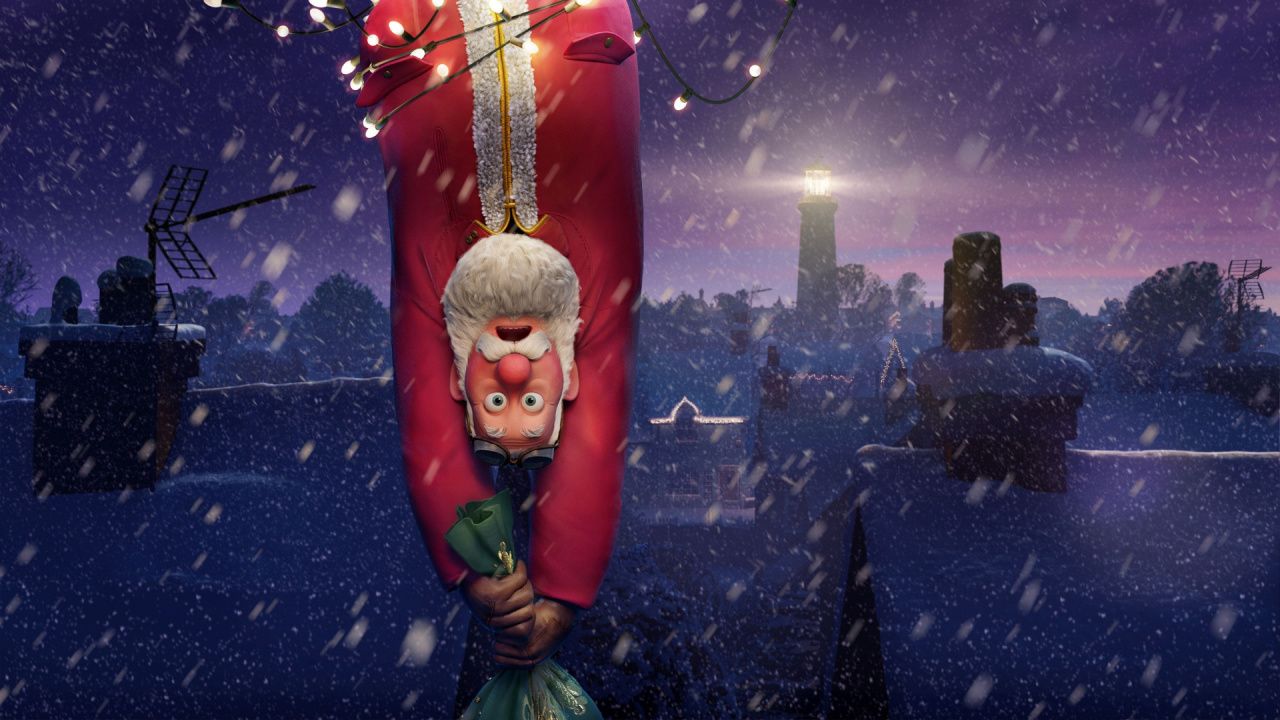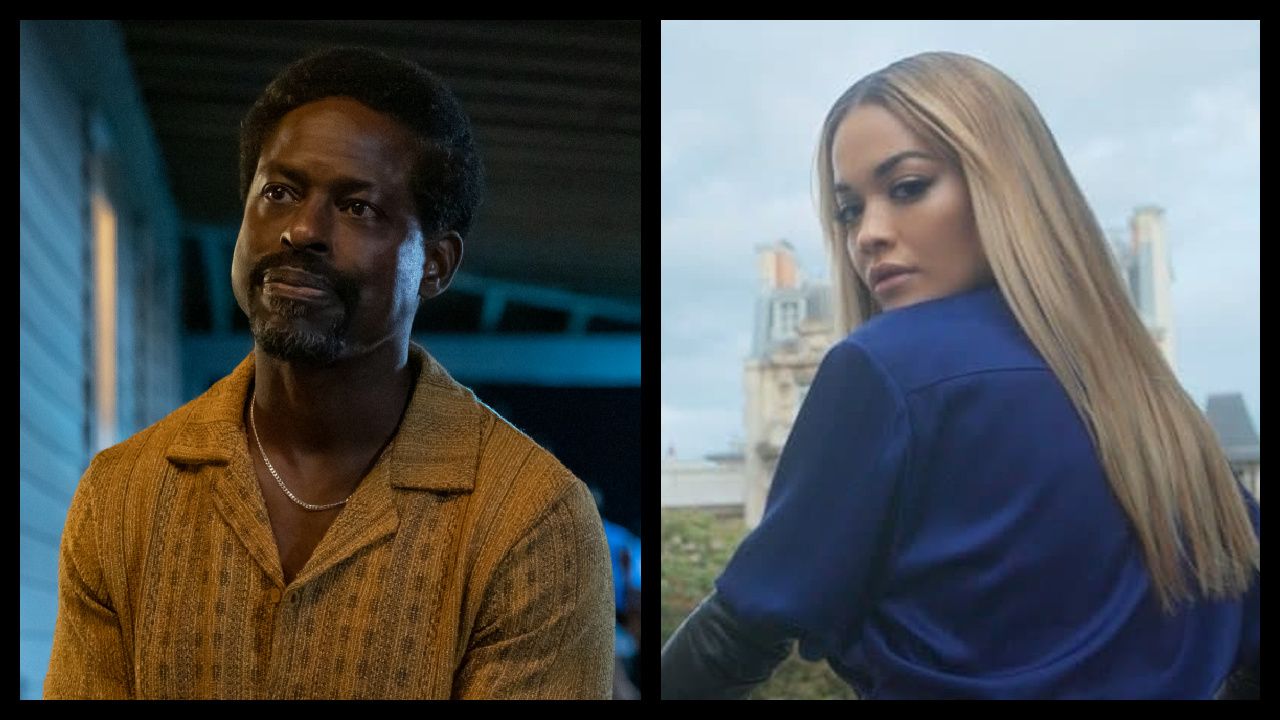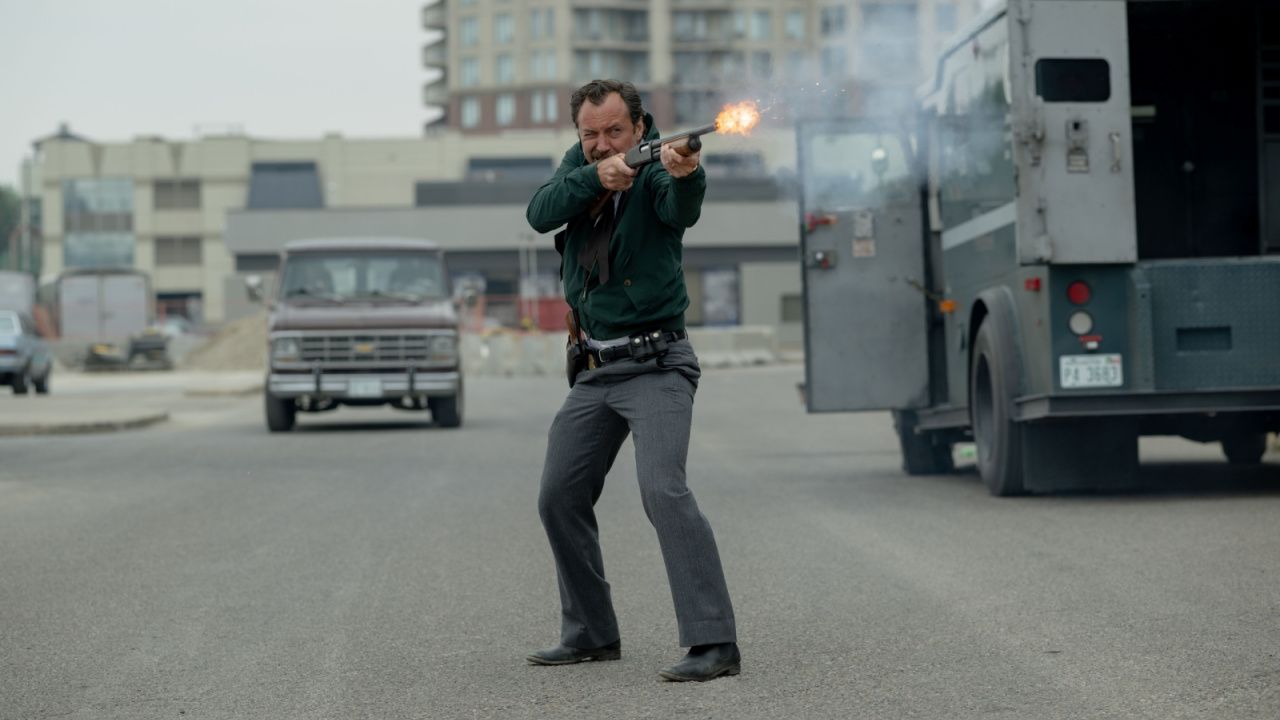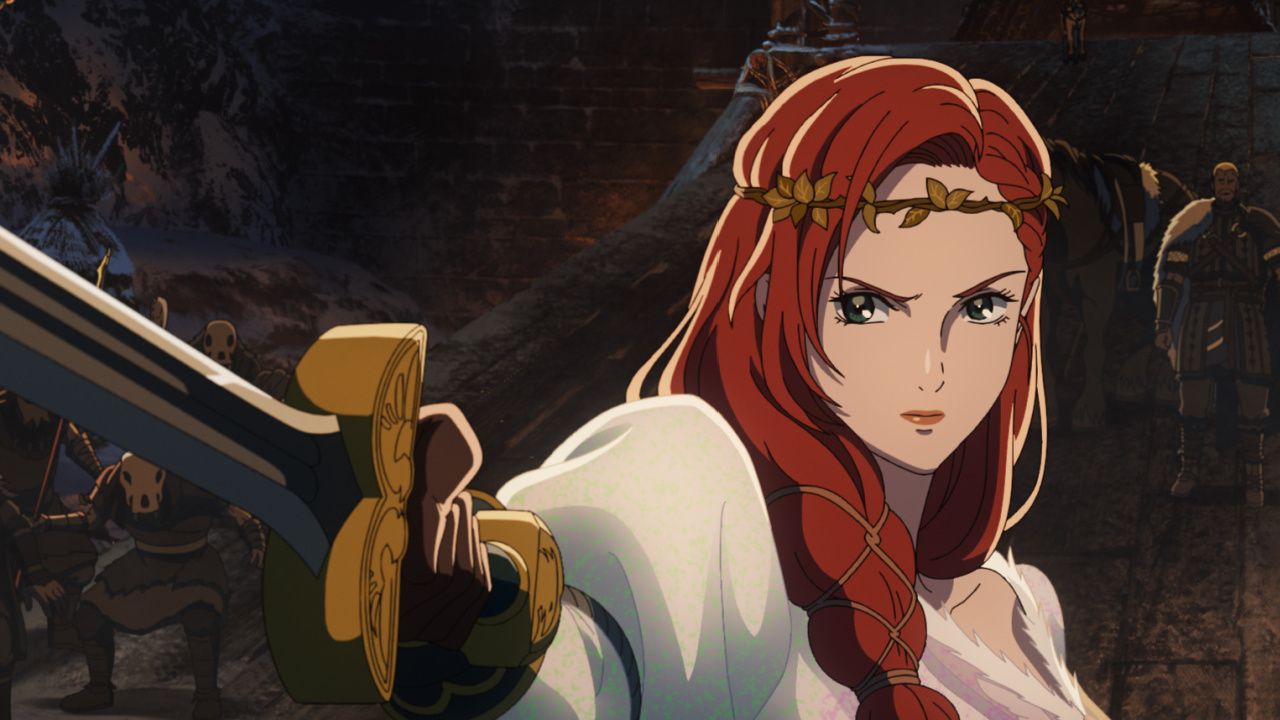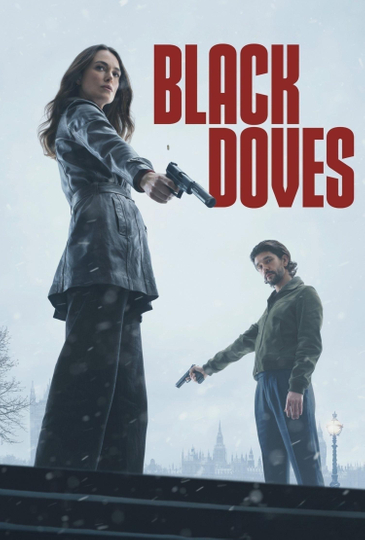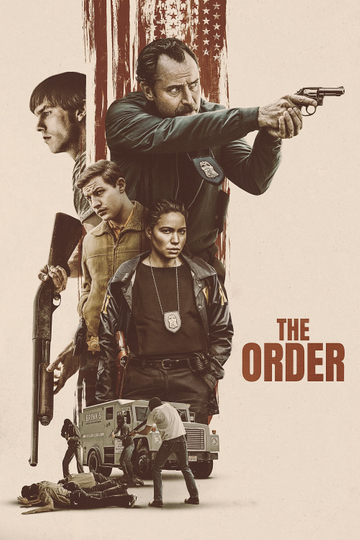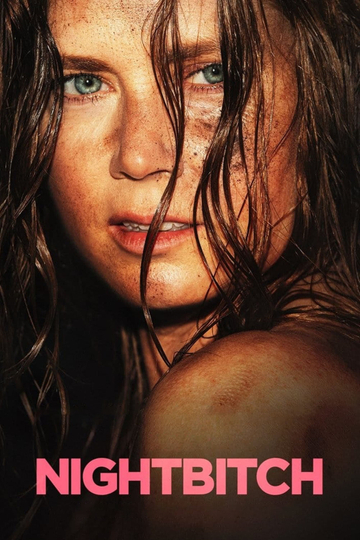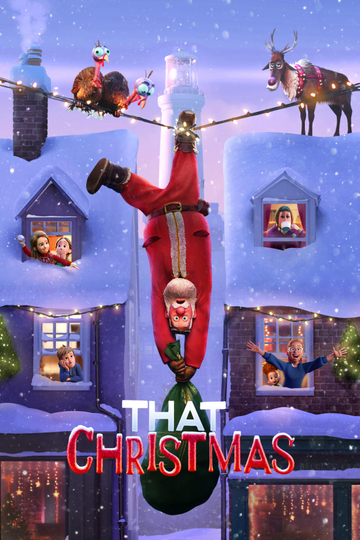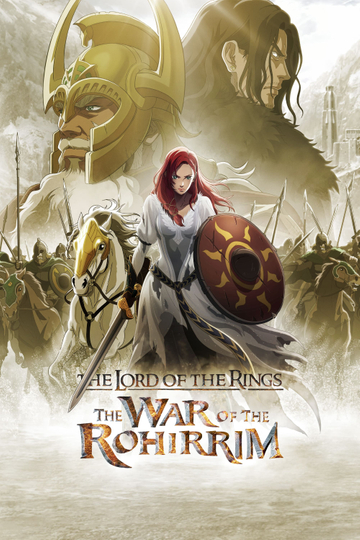Is 'The Longest Ride' the End of Nicholas Sparks's Box Office Ride?
You'd have thought that opening "The Longest Ride" opposite the still-strong "Furious 7" would have been a smart counterprogramming move. With all that testosterone on display in the latest installment of the car-chase franchise, surely some female moviegoers would feel underserved and turn to the new Nicholas Sparks movie, that they'd flock to the kind of cathartic tearjerker that is the "Notebook" author's bread and butter.
As it turned out, not so much. "Longest Ride" opened in third place with an estimated $13.5 million, below even the modest expectations for the film (about $14 to $16 million). That's better than the even weaker opening of last October's Sparks entry "The Best of Me" (which premiered with just $10.0 million and topped out at $26.8 million) but well below the $22.5 million debut of 2012's Sparks saga "The Lucky One."
Does the relative weakness of these recent spark-free Sparks movies mean that the Sparks vogue, which has spanned 10 movies over 16 years, is over?
Maybe not, but there are some lessons in "Longest Ride"'s failure that future Sparks adaptations would be wise to study.
1. Don't open opposite a "Fast & Furious" movie.
If there's any action franchise that's going to compete with a Sparks movie for female viewers, it's this one. With the gals as badass as the guys in these movies, they have strong appeal to women. Studio polling last week, when "Furious 7" opened, showed an almost even gender split among ticketbuyers. And even though the film fell nearly 60 percent from last weekend's debut, that's still an estimated $60.6 million this weekend, more than four times what "Ride" sold out of the gate.
2. Don't open opposite a strong family film.
That would include a movie like "Home," which, even in its third week, still pulled an estimated $19.0 million, good for second place. "Ride" may have been targeting women over 25, but many of those are moms who were taking their kids to see the cute cartoon aliens.
3. In fact, counterprogramming isn't a sure thing anymore.
We saw that last month, in reverse, when a number of macho action movies ("Chappie," "Run All Night," "The Gunman") tried to open against a much stronger slate of female-driven movies ("Cinderella," "The Divergent Series: Insurgent," and the lingering "Fifty Shades of Grey.") None of them grossed above $31 million total in North America. Even indie sequel "The Second Best Exotic Marigold Hotel" grossed higher than any of the action sausage fests. These days, when a current movie or a current kind of movie is going strong at the box office, it seems to suck all the oxygen out of the multiplex and leave little room for anything different.
4. Make a better movie.
Nicholas Sparks movies typically get terrible reviews, and "Ride" is no different. That hasn't stopped most of them from becoming hits, but if you're going after older audiences, as "Ride" seems to be (given the prominence of Alan Alda's oldtimer in the film's plot), then reviews matter. Yes, the film got terrific word-of-mouth (measured by its A grade at CinemaScore), but word-of-mouth doesn't help much if not many people who might recommend the movie are drawn to see it in the first place.
5. Casting matters.
Alan Alda is a beloved Emmy-winning and Oscar-nominated actor, but he's not a box office draw. Britt Robertson is a fine young actress, but she has no movie track record, and her best-known TV role is probably on CBS's cult summer drama "Under the Dome." Scott Eastwood has a famous last name (and some resemblance to papa Clint) but a sparse résumé so far. It used to be that a cast with as little box office appeal as that of "Longest Ride" wouldn't hurt a Sparks movie, since the novelist was the real star and the movie's biggest draw. But as lessons 1 through 4 make clear, Sparks's name alone isn't enough to sell tickets any more. He needs whatever help he can get.













